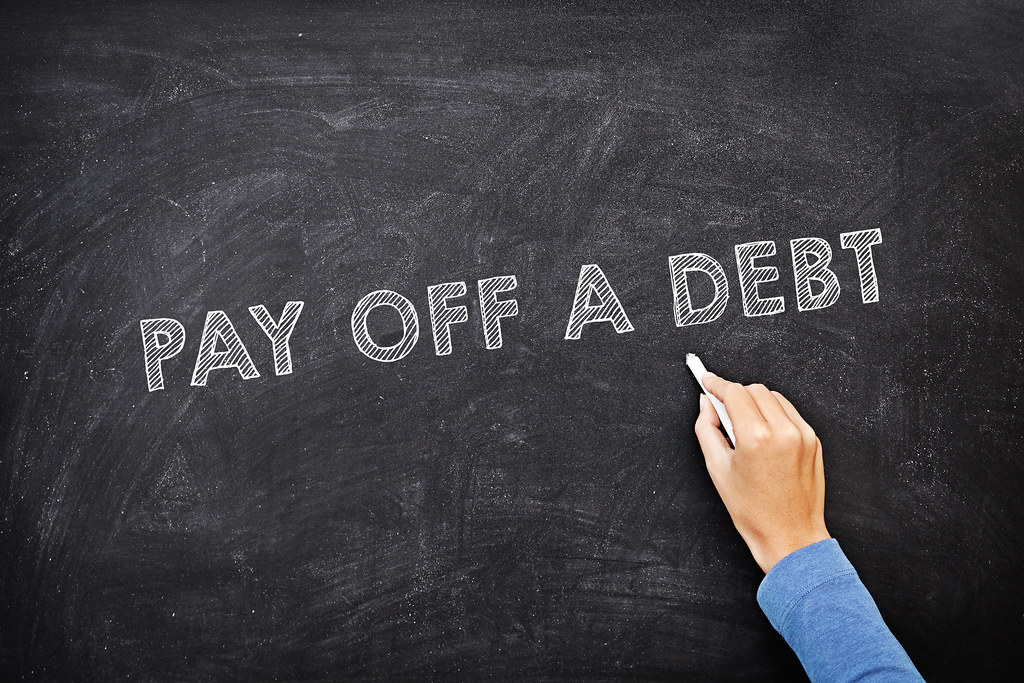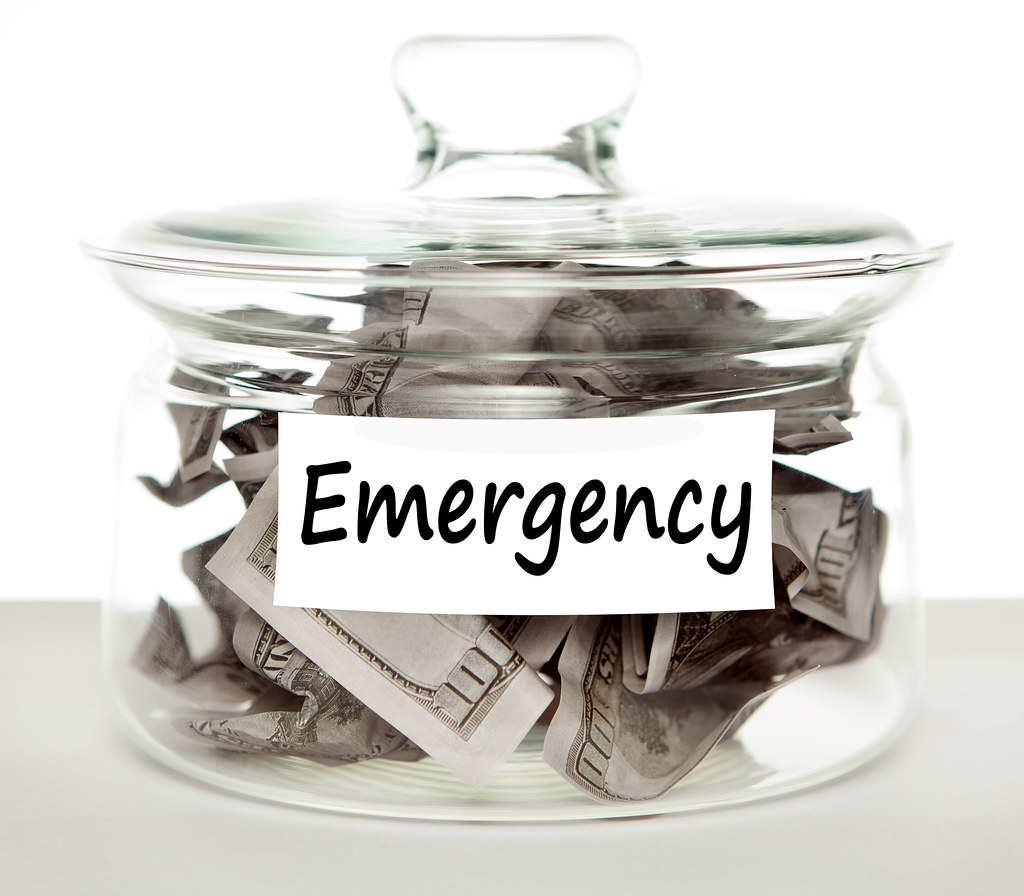Having insurance is great when
the universe decides it’s time to give you a major (or even minor) problem. But when you can get a policy for practically
anything, it’s easy to spend more on protecting your life than living it. Don’t
worry, though. We can help you keep these expenses under control while still
getting the coverage that you need.
Here are ten ways to be
protected for less:
1. Assess Your Needs
Rather than buying a coverage
simply because you think you should, it’s important to consider your specific
situation. Your life today and your future plans should dictate what insurance
policies you need and how much coverage is appropriate.
Although there are lots of
factors to consider for each type of insurance, you should think about the
following to determine your needs:
- Your assets: More assets (cash, investments, businesses, property, etc.) may mean more insurance
- Your family: Having dependents typically requires more coverage
- Your health: Poor health could necessitate a more robust medical policy or more life insurance
2. Shop Around
Before committing to any
policy, get pricing from multiple companies. You may be surprised at how much
variation you see. And remember — don’t just set it and forget it. It pays to
do this before every policy renewal.
3. Bundle Policies
As you get quotes for coverage,
ask each company for a bundle price (rider policies) on the types of insurance that you need.
You could score big savings and simplify your bill-paying
process.
4. Get a Discount by Employer
Some employers might be able to get you a better deal
on health, life, and disability insurance if you bought them from certain insurance company. Check with your HR department if there are any insurance companies that can offer you such deals.
5. Raise the Deductible
Increasing your policy’s
deductible could be an easy way to save a few bucks each month. Be sure,
however, that you can cover the higher deductible if you ever need to make a
claim.
Recommended Post: Is Whole Life Insurance a Scam?
Recommended Post: Is Whole Life Insurance a Scam?
6. Keep Your Credit Report Clean
Poor credit history can cost you big time. Insurers may assign you an insurance score (similar to a credit score), with lower scores
resulting in higher premiums. They believe, right or wrong, that a low score
indicates irresponsibility and therefore more risk.
7. Save on Car Insurance
If you want to own a car, you need car insurance. The
good news is that you can defray the expense with tons of different discounts. You might be able to save cash by comparing the offers between different insurance companies or driving safely (being an accident-free driver can save you a lot of money on insurance).
8. Save on Homeowners Insurance
If you have a mortgage, you’re
probably required to have mortgage insurance - especially if you are buying a HDB. If you are buying a HDB, you probably can't save much since it is a requirement to have mortgage insurance and they are pretty decently priced. However, if you are buying a private property, you can consider if you want to get mortgage insurance or life insurance with a higher payout. The logic is: the mortgage insurance is used to pay for your home in the event of anything bad happens (fire, or if the buyer dies). And the insurance is usually required if you have a mortgage loan. Once your mortgage is paid up, you generally do not really need to have mortgage insurance - that means the money you have paid for it is technically "gone". Rather, you could have just bought life insurance with a higher payout that can cover both the require expenses for your dependents as well as pay for the mortgage. This is more complicated and best to seek advice from a licensed insurance agent.
Tip: Use this guide to take an inventory of your belongings and determine the
value of your stuff, which gets factored into your insurance requirements.
9. Save on Life Insurance
If you have a family to protect
or want to leave loved ones a little something when you’re gone, you may want
to purchase life insurance. There are a few different types, each with their own pros and
cons, but generally, the most affordable type is term life insurance. Term life
insurance will pay your beneficiaries a specified amount if you die within a
certain timeframe (usually 10-30 years). There are a number of ways to save on life insurance such as paying the entire year’s worth of
premiums upfront or getting a volume discount (aka getting more insurance for
less money!).
10. Save on Health Insurance
It’s no secret — medical care
is crazy-expensive. Adequate health insurance can save your wallet from a
beating if you become seriously ill or injured. If you’re in good health,
don’t go to the doctor frequently, and have a cash reserve, consider saving
money on your monthly premiums by choosing a plan with a high-deductible.
You’ll pay the full tab if you go to urgent care with the flu or a sprained
ankle, but you’ll (hopefully) pay less overall each year due to premium
savings.
Tip: Although an "all medical expenses paid for by Insurer" is a very happy thing to have, the premiums will also be exceptionally high, which might not be that much of a happy thing after all.
Final Thoughts
Insurance can be a significant
line item on your budget, but there are many ways to minimize the expense.
While this article isn’t an exhaustive list of ways to save, it gives you a
good start to being covered affordably.
This article was originally published at HiCharlie.com.
Recommended Post: Paying my HDB with my CPF after 55 Years Old
Remember to offer your opinions. If you don't put your two cents in, how can you expect to get change?Have feedback? Tell us now!
Subscribe to us or
Follow us: Investment Stab on Facebook


